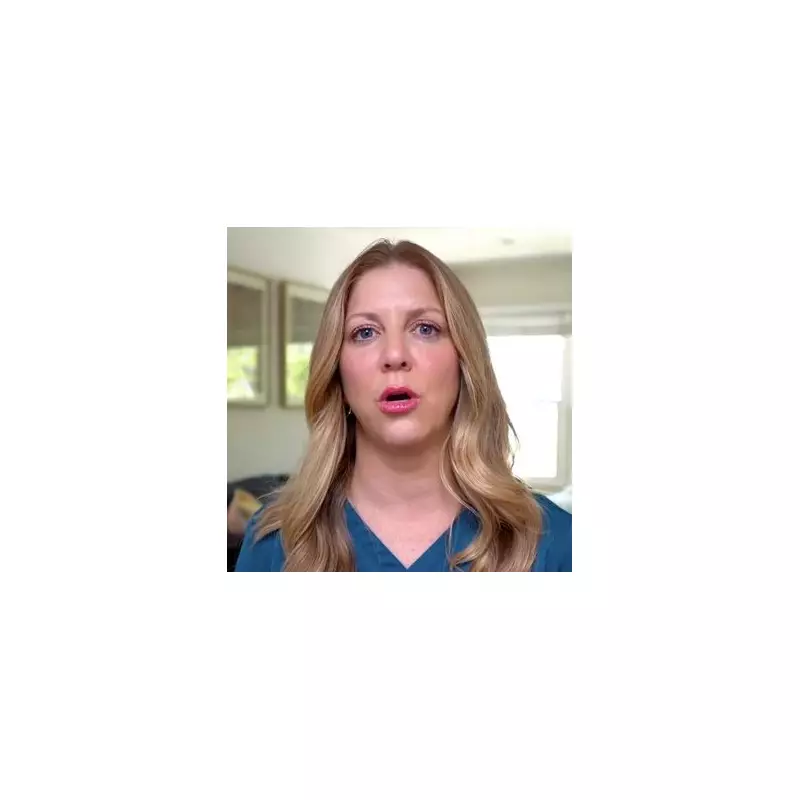
After decades of comforting patients in their final moments and witnessing thousands pass away, a senior hospice doctor has come forward with a sobering message: the current NHS crisis represents something fundamentally different from anything he's seen before.
Dr. John Wilson, who has dedicated his career to palliative care, describes the healthcare system as being at a critical breaking point. "I've been present for more deaths than I can count," he reveals, "but what we're witnessing now in our hospitals and hospices feels like a new level of emergency."
The Changing Face of End-of-Life Care
According to Dr. Wilson, the pressures facing the NHS are creating ripple effects that extend even to hospice care. "When hospitals are overwhelmed, it impacts everything downstream," he explains. "We're seeing patients arriving later in their illness journey, families stretched beyond their limits, and staff struggling to provide the quality care they know patients deserve."
A System Under Unprecedented Strain
The veteran doctor outlines several key factors making this crisis distinct:
- Workforce exhaustion: "Our healthcare professionals are running on empty after years of pandemic pressure"
- Resource constraints: "Basic supplies and adequate staffing are becoming consistent challenges"
- Complex patient needs: "People are arriving with more advanced conditions due to delayed diagnoses"
- Emotional toll: "The cumulative stress on carers and families is unlike anything I've witnessed"
Beyond the Headlines: The Human Cost
Dr. Wilson emphasises that behind the statistics and political debates are real people facing their most vulnerable moments. "When someone is dying, they deserve dignity, comfort and the undivided attention of their carers," he states. "The current pressures make delivering that standard increasingly difficult."
He describes watching families navigate not only their grief but also the practical challenges of a strained system. "I've seen daughters sleeping in hospital chairs for weeks, sons trying to coordinate care across multiple overwhelmed services, and spouses dealing with bureaucracy when they should be focusing on saying goodbye."
A Call for Action and Awareness
While the situation appears dire, Dr. Wilson hasn't lost hope. "The resilience I see in patients, families and fellow healthcare workers is extraordinary," he shares. "But resilience alone cannot fix systemic problems."
He urges the public and policymakers to look beyond short-term solutions and consider the long-term sustainability of palliative and end-of-life care services. "This isn't just about beds and budgets," he concludes. "It's about what kind of society we want to be when our most vulnerable citizens need us most."
The doctor's powerful testimony serves as both a warning and a call to action, highlighting that the true measure of a healthcare system may be how it cares for people at the very end of life's journey.





